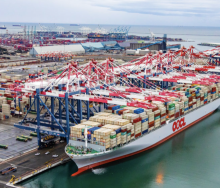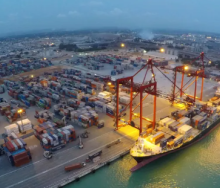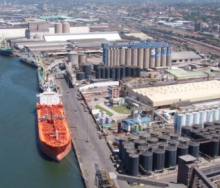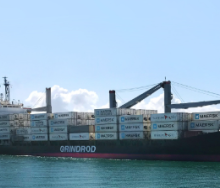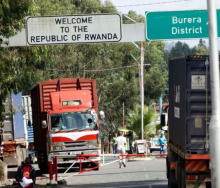The overall health of mining in Africa is intrinsically linked to the economies in which the companies operate, says Brad Gordon, CEO of Acacia Mining.
The company is hoping to start showing real results in the next few months - particularly from its West Africa operations where it has invested heavily in gold mines.
“In our industry the only real asset that one has is the land,” he said. “There are a lot of misconceptions about the mining industry. Not only is there a lack of trust between governments and mining houses, but there is also a belief that these companies have massive wealth and that they are purposely withholding taxes.”
Gordon said mining in Africa however was not always that easy and many mining houses were under tremendous financial pressure. Companies such as Acacia Mining, he said, had not had the benefit of the oil price decrease or foreign exchange. “At least 80% of our cost is in US dollars. We only transform our industry through hard work,” he said.
And while cost reduction programmes are ongoing, mining needs to find innovative ways to remain in the game. “Lack of communication has played a role in the gap between the realities faced by mining operations and the perceptions of governments. Too often it is not seen as a long-term partnership but a source of short-term revenue for governments.”
Gordon said a fresh approach was needed to reboot the relationships.
Having invested more than $3 billion dollars in Tanzania over the past five years, he said it was to the benefit of all stakeholders that mining was successful.
“Mines have helped to drive the industrialisation of the country, while we are also the highest wage payers in the country. Skills transfer and vocational training is important while we also invest heavily in infrastructure in the countries we operate in.”
He said in 2016 the company had paid over US$40 million dollars in corporate taxes alone, contributing millions to the country’s gross domestic product (GDP).






